Aromatherapy Defined

What is aromatherapy?
Aromatherapy is the use of essential oils from plants for healing. Although the word “aroma” makes it sound as if the oils would be inhaled, they can also be massaged into the skin. Whether inhaled or applied on the skin, essential oils are gaining new attention as an alternative treatment for stress, skin ailments, infections and other health problems. We use only pure essential oils in all our products!
READY TO SHOP? CLICK HERE TO SEE OUR AROMATHERAPY LINE
What are essential oils?
Essential oils are concentrated extracts taken from the roots, leaves, seeds, or blossoms of plants. Each contains its own mix of active ingredients, and this mix determines what the oil is used for. Some oils are used to promote physical healing — for example, to treat swelling or fungal infections. Others are used for their emotional value — they may enhance relaxation or make a room smell pleasant. Lavender essential oil, for example, contains a large amount of an active ingredient that is thought to be calming.
How do you use your aromatherapy sprays?
Our aromatherapy sprays are a concentrated formulas that you can spray on your body, in the air or anywhere you desire. For example, our Female Balance Spray is most effective when sprayed on the body, in the neck area but you can also spray it on your lower belly to relieve cramps. Our Stress Relief Spray is incredible for reducing nervousness, anxiety and stress. Many people will spray their neck area, rub on their temples or you can even spray your pillow cases at bedtime to breathe in the powerful essential oils.
What is the history of aromatherapy?
Essential oils have been used for therapeutic purposes for nearly 6,000 years. The ancient Chinese, Indians, Egyptians, Greeks, and Romans used them in cosmetics, perfumes, and drugs. Essential oils were also commonly used for spiritual, therapeutic, hygienic, and ritualistic purposes.
More recently, René-Maurice Gattefossé, a French chemist, discovered the healing properties of lavender oil when he applied it to a burn on his hand caused by an explosion in his laboratory. He then started to analyze the chemical properties of essential oils and how they were used to treat burns, skin infections, gangrene, and wounds in soldiers during World War I. In 1928, Gattefossé founded the science of aromatherapy. By the 1950s massage therapists, beauticians, nurses, physiotherapists, doctors, and other health care providers began using aromatherapy.
Aromatherapy did not become popular in the United Statesuntil the 1980s. Today, many lotions, candles, and beauty products are sold as “aromatherapy.” However, many of these products contain synthetic fragrances that do not have the same properties as essential oils. We use only 100% pure essential oils in all our products!
READY TO SHOP? CLICK HERE TO SEE OUR AROMATHERAPY LINE
How does aromatherapy work?
Researchers are not entirely clear how aromatherapy may work. Some experts believe our sense of smell may play a role. The “smell” receptors in your nose communicate with parts of your brain that serve as storehouses for emotions and memories. When you breathe in essential oil molecules, some researchers believe that they stimulate these parts of your brain and influence physical, emotional, and mental health. For example, lavender is believed to stimulate the activity of brain cells similar to the way some sedative medications work. Other researchers think that some molecules from essential oils may interact in the blood with hormones or enzymes.
Aromatherapy massage is a popular way of using essential oils because it works in several ways at the same time. Your skin absorbs essential oils and you also breathe them in. Plus, you experience the physical therapy of the massage itself.
READY TO SHOP? CLICK HERE TO SEE OUR AROMATHERAPY LINE
What is aromatherapy good for?
Aromatherapy is used in a wide range of settings – from self healing to health spas to hospitals — to treat a variety of conditions. In general, it seems to relieve pain, improve mood, and promote a sense of relaxation.
Many essential oils have anti-bacterial and anti-fungal properties. Some evidence also suggests that citrus oils may strengthen the immune system and that peppermint oil may help with digestion. Fennel, aniseed, sage, and clary-sage have estrogen-like compounds, which may help relieve symptoms of premenstrual syndrome and menopause.
Other conditions for which aromatherapy may be helpful include:
- Agitation, possibly including agitation related to dementia
- Anxiety
- Foot/Body Odor
- Headaches
- Insomnia
- Nausea
- Pain
- Itching
- Psoriasis
- Stress
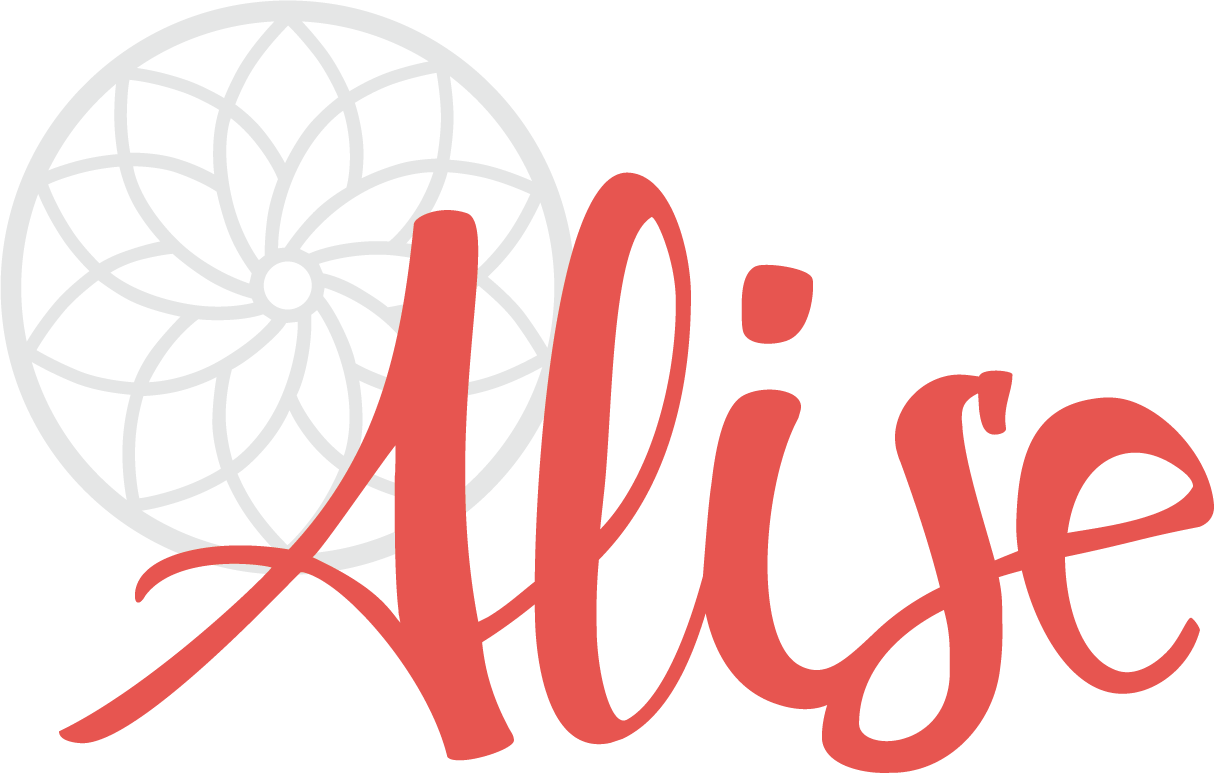
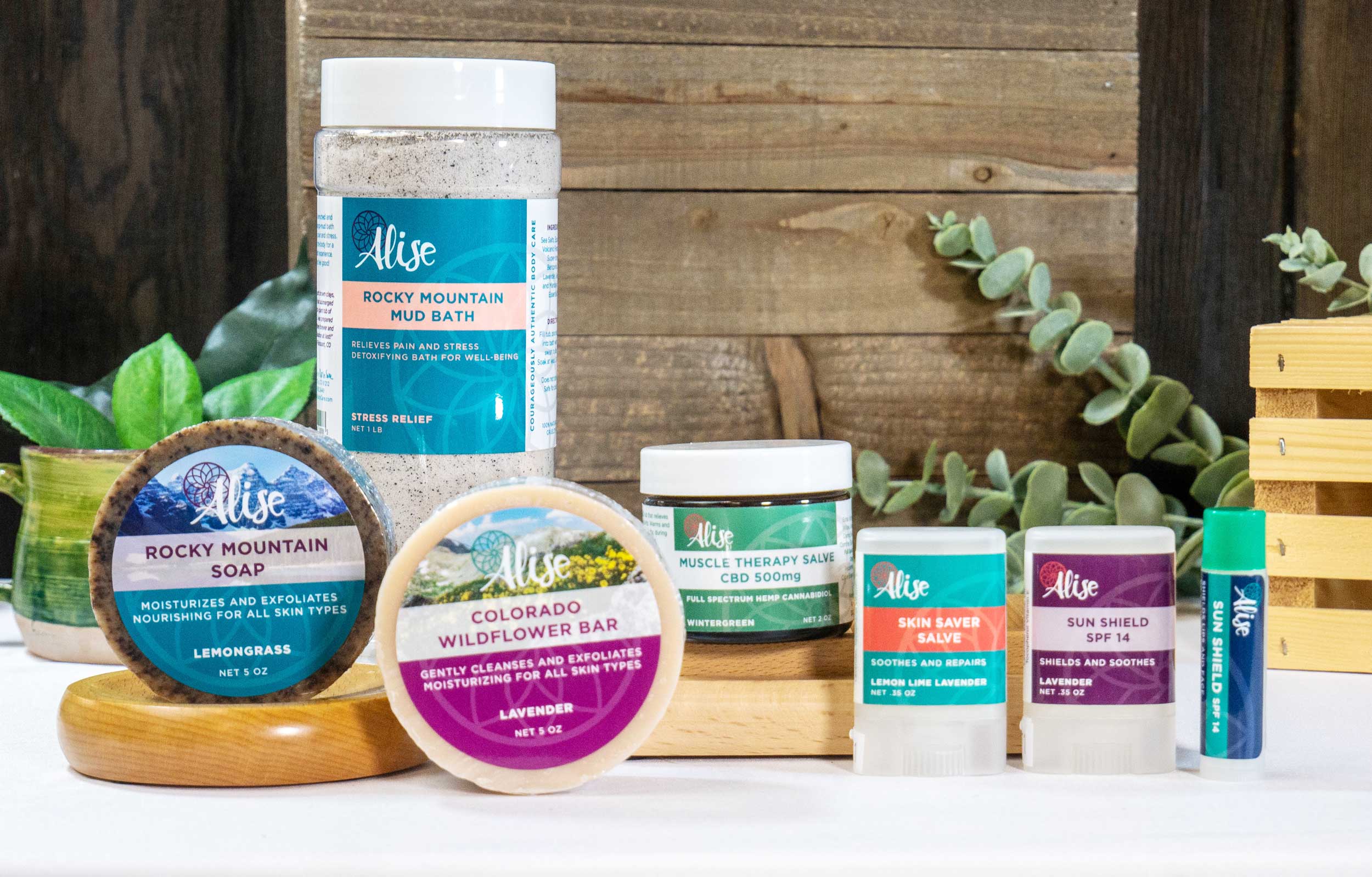
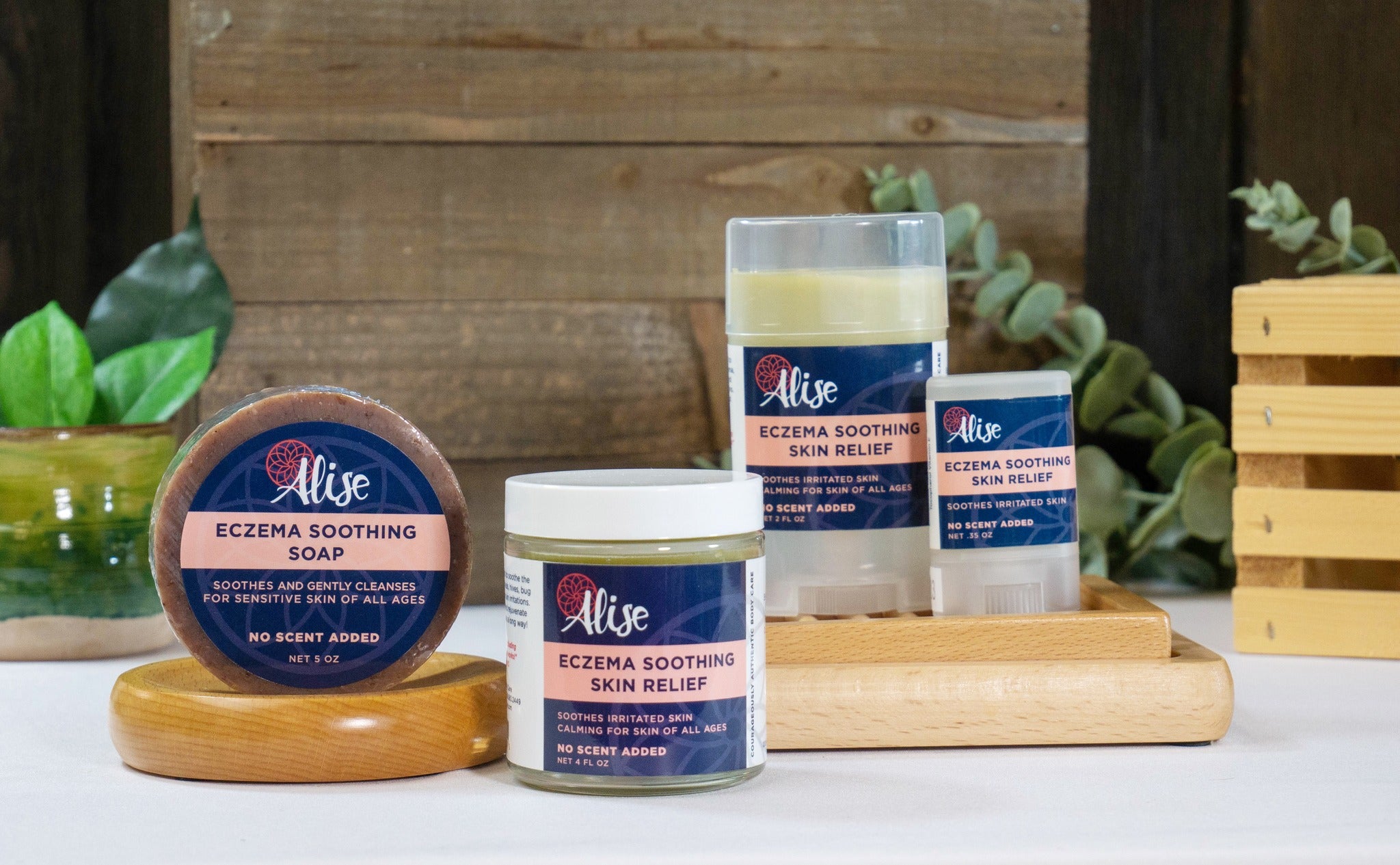
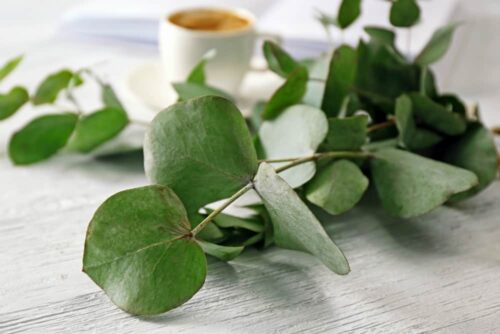
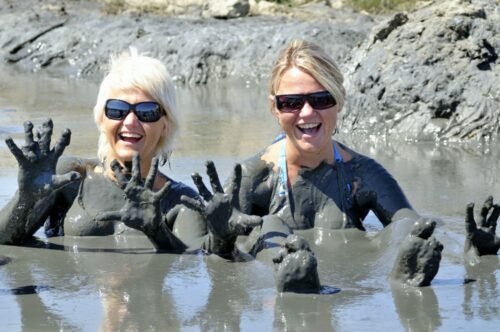
Leave a comment
This site is protected by hCaptcha and the hCaptcha Privacy Policy and Terms of Service apply.